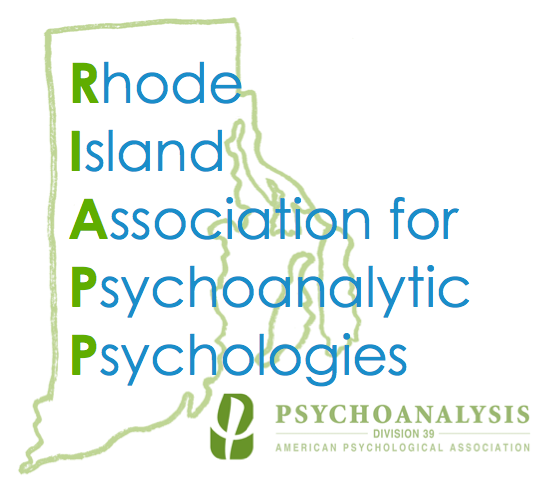This Wednesday Evening Lecture will be virtual, using Zoom. Please register for more information on how to attend.
1.5 Continuing Education Credits
Helping professionals often fail to appreciate the appeal of violence, which makes it difficult for them to understand and treat people whose violent behaviors have disrupted their lives. In this presentation I will explain how our personal values and experiences often blind us to how violence “works” in the short term. Examples from public life, personal experience, and clinical practice will clarify the roots of such phenomena as revenge, domination, and destruction, and suggest practical approaches to dealing with the problem of violence. Differences between sporadic, habitual, and addictive patterns of violence will also be discussed.
LEARNING OBJECTIVES. Participants will learn:
1. To analyze why violence is so appealing and so resistant to change.
2. To list the commonalities and differences between patterns of violence.
3. To describe how to form a helping relationship with a violent person.
Dr. Goldwater is a psychiatrist and psychoanalyst on the faculty of the Boston Graduate School of Psychoanalysis, where he is the director of the addictions program. He has written and lectured on a great variety of subjects including men and women; childhood and maturation; fantasy and creativity; and the treatment of impulsivity and addiction. He is also a musician and has been the leader of Panharmonium, an International Folkdance band, since 1992.
BIBLIOGRAPHY
Gilligan, J. (1996), Violence: Our Deadly Epidemic and its Causes. New York: Grosset/Putnam.
Goldwater, E. (2004), Getting Mad and Getting Even. Modern Psychoanalysis, 29:23-36.
Goldwater, E. (2007), The Joy of Violence. Modern Psychoanalysis, 32:20-42.
Hedges, Chris (2002). War Is a Force That Gives Us Meaning. New York: PublicAffairs.
Short, Dan. (2016). The Evolving Science of Anger Management, Journal of Psychotherapy Integration. 26. 10.1037/int0000059.
Tavris, Carol (1983). Anger: the Misunderstood Emotion. New York: Simon and Schuster.

